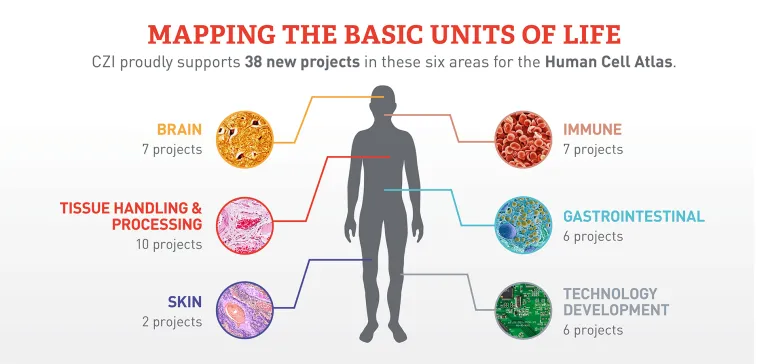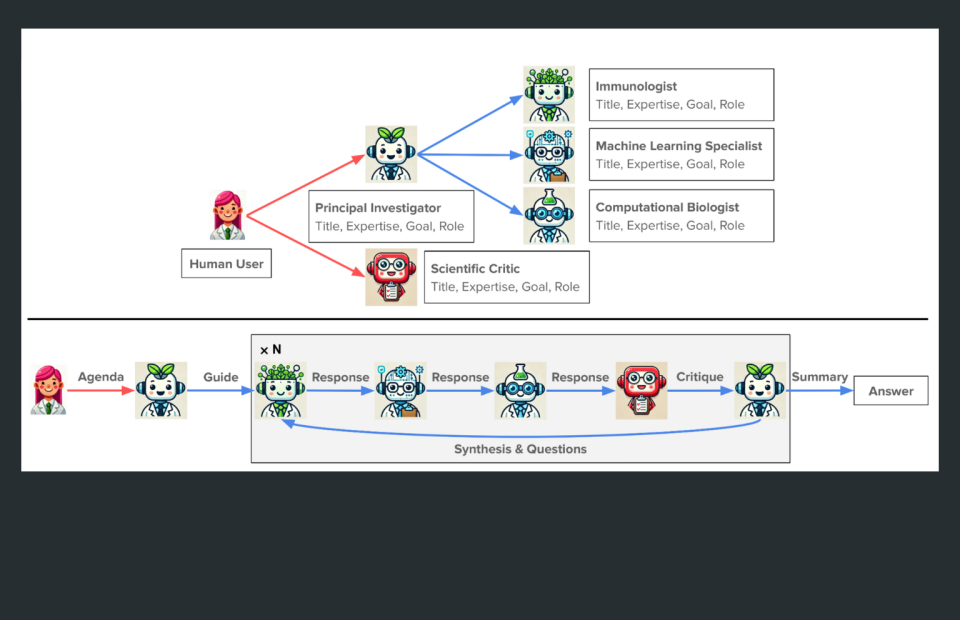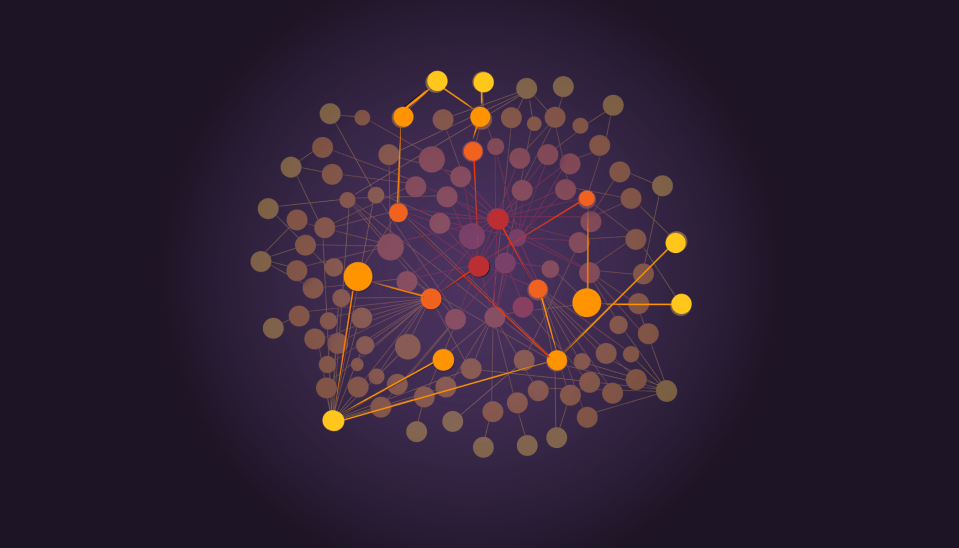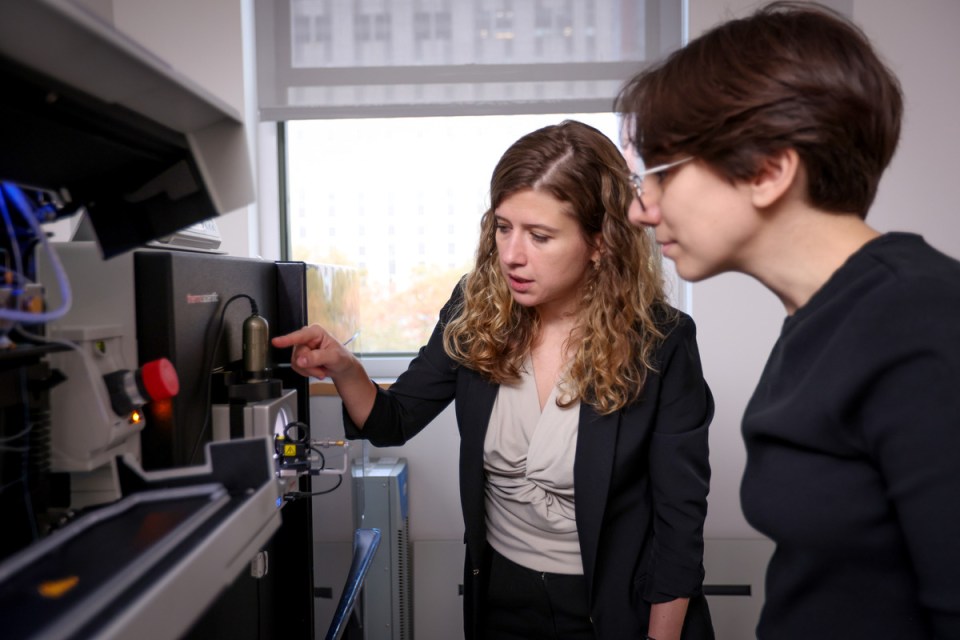Pete Farley
Director of Communications
The Chan Zuckerberg Initiative today announced funding for 38 pilot projects to help develop tools and technologies for the Human Cell Atlas.
The Human Cell Atlas is a worldwide effort to map and characterize every type of cell in the healthy human body — including cell types, numbers, locations, relationships, and molecular components. It’s a long-term project to provide a free, open resource for future studies of human health and disease.
To help advance this effort, we invited applications for one-year pilot projects to help develop technologies and establish best practices for the Human Cell Atlas. We received almost 500 applications from around the globe with bold and innovative approaches to move this effort forward.
“These projects will help set the foundation of how we understand cells, the basic unit of life, and hopefully allow us to understand how to keep cells and eventually humans healthy,” said Priscilla Chan MD, co-founder of CZI.
Like the Human Cell Atlas itself, each project reflects the diverse and collaborative nature of the work. We are excited to begin working with scientists and engineers from eight countries across four continents on these promising projects.
Success of these projects will mean significant progress not only for the Human Cell Atlas project, but for science and technology more broadly — ultimately aiding our goal to help cure, prevent or manage all diseases by the end of the century.

Remarks from Cori Bargmann, Head of Science:
I’m thrilled to announce our intention to fund 38 pilot projects to help develop tools and technologies for the Human Cell Atlas!
The Human Cell Atlas is a worldwide effort to map and characterize every type of cell in the healthy human body — including cell types, numbers, locations, relationships, and molecular components. It’s a long-term project to provide a free, open resource for future studies of human health and disease.
To help advance this effort, the Chan Zuckerberg Initiative invited applications for one-year pilot projects to help develop technologies and establish best practices for the Human Cell Atlas. The response was amazing. We received almost 500 applications from around the globe with bold and innovative approaches to move this effort forward. With so many impressive applicants, narrowing our selection to the final 38 was not easy. Like the Human Cell Atlas itself, each project reflects the diverse and collaborative nature of the work. We are excited to begin working with scientists and engineers from eight countries across four continents on these promising projects. This is truly a global collaboration.
The Human Cell Atlas will bring us closer to the goal of curing, preventing, or managing all diseases by the end of the century.
Stay up-to-date on the latest news, publications, competitions, and stories from CZ Biohub.
Marketing cookies are required to access this form.
 News Releases
News Releases
In Virtual Lab project, CZ Biohub San Francisco researchers and collaborators assemble team of interdisciplinary AI agents that can solve complex research ...
 News Releases
News Releases
CZI announced its latest AI model, GREmLN, aimed at helping researchers better understand how cells behave by focusing on the key networks that control cell ...
 News Releases
News Releases
Nine researchers receive unrestricted funding for projects to harness the immune system to detect disease and monitor ...
Stay up-to-date on the latest news, publications, competitions, and stories from CZ Biohub.
Cookies and JavaScript are required to access this form.